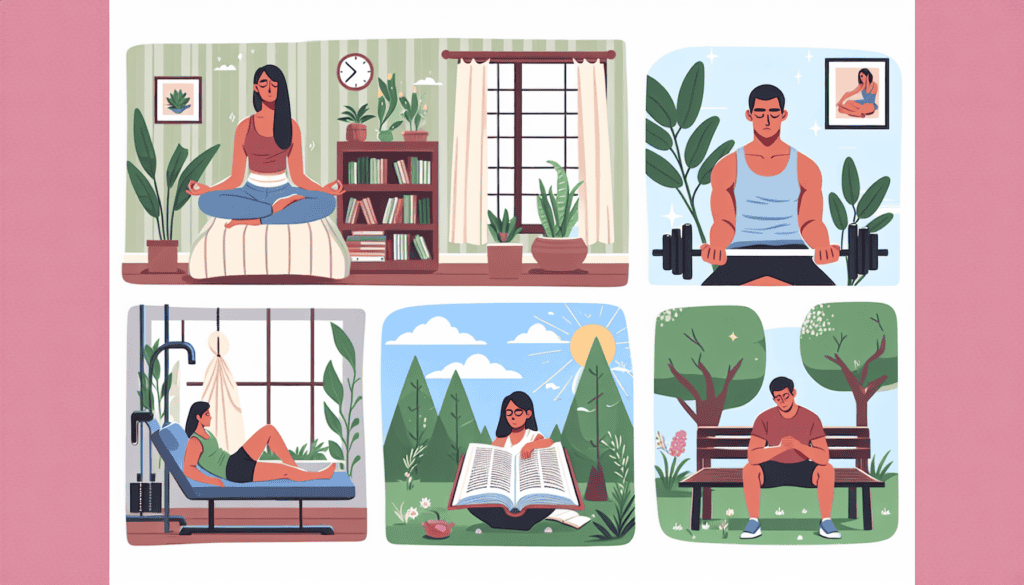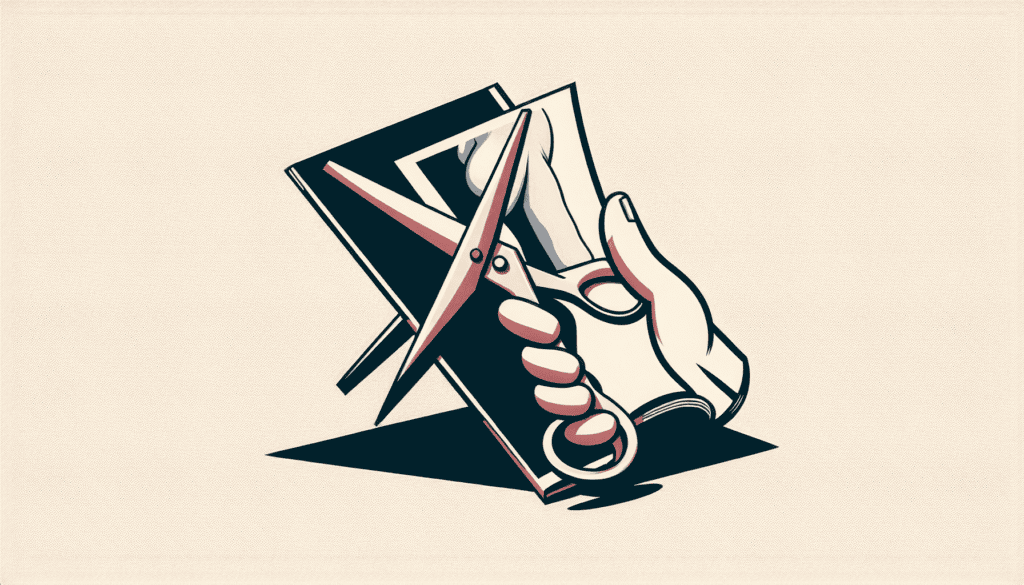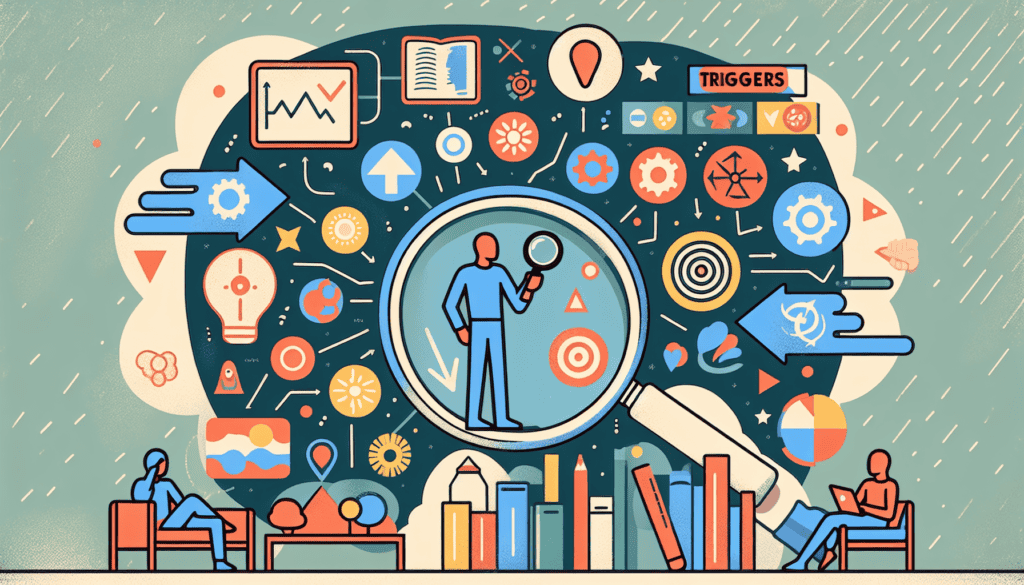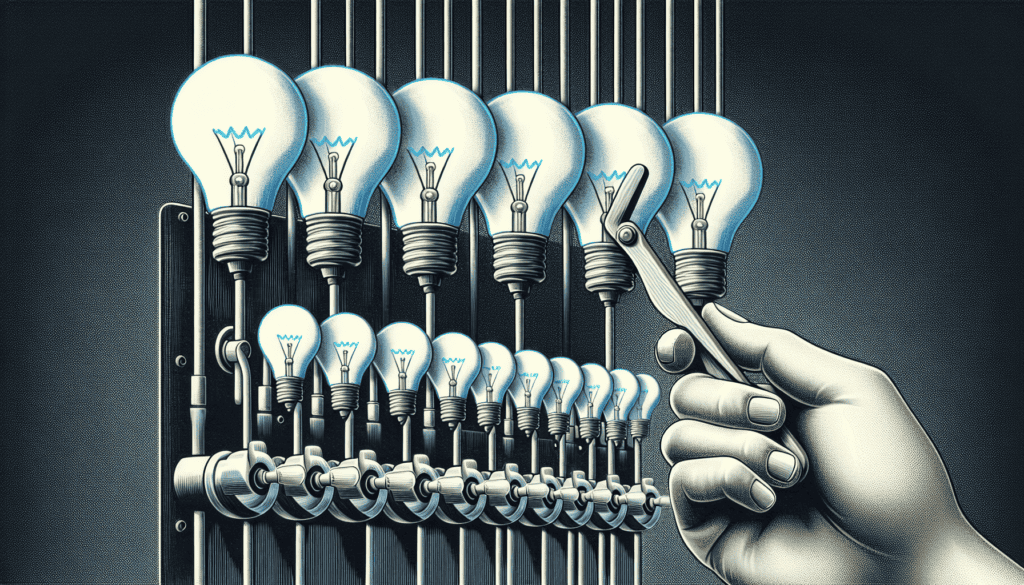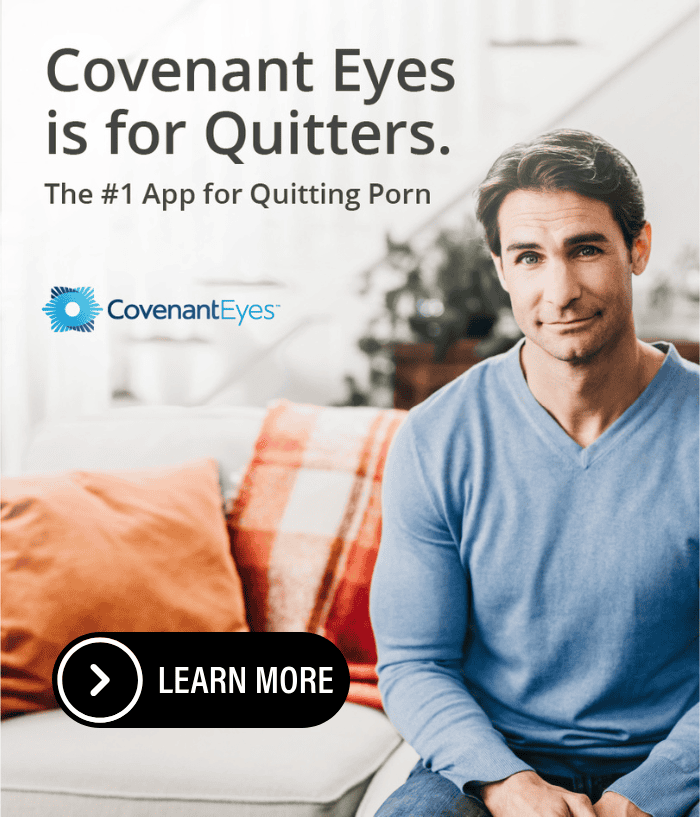Understanding Relapse in Addiction
Differentiating Relapse and Lapse
When talking about addiction, knowing the difference between a relapse and a slip-up matters a lot. A relapse is like falling off the wagon big time—when an individual gives up on their goals of cutting down or staying off substances and slides back into old habits. This isn’t just a little blip on the radar.
Now, a lapse, well, that’s more of a hiccup—a brief detour from the path with a promise to get back on track. Spotting this difference makes it easier to plan for a lasting recovery. If you’re curious about sticking to sobriety, check out our piece on tips for long-term sobriety.
Causes of Relapse
Loads of things can set the stage for a relapse in folks recovering from addiction. These reasons can pop up in personal life, work, or even emotional spaces. Some usual suspects are:
| Reasons for Relapse | What’s Going On |
|---|---|
| Personal Hurdles | Wrestling with mental blues or self-worth issues. |
| Job Jitters | Stress or conflicts at work making life harder. |
| Emotional Tsunamis | Feelings like anxiety, sadness, or past traumas. |
| Money Troubles | Financial stress adding to the chaos. |
| Support System Breakdown | Losing your cheer squad or lacking one altogether. |
| Bumpy Relationships | Tiffs with pals, family, or romantic partners. |
Being clued up on these triggers means better prep for avoiding relapse. Want to dive more into tackling these hurdles? Our resource on keeping motivation high during recovery has you covered.
Overdose Risk Factors
After hitting pause on substance use and then picking it back up, the odds of an overdose shoot up. This plays out because tolerance levels change, and it’s easy to misjudge how much is too much. Some sticky situations that hike up overdose risks are:
| Overdose Danger Zones | The Lowdown |
|---|---|
| Using Again After Stopping | Tolerance nosedives, making regular doses suddenly risky. |
| Fresh Outta Rehab or Prison | New access to substances might lead to reckless behavior. |
| Sloppy With Meds | Missing doses of drugs like naltrexone can trip up recovery. |
Staying sharp on these dangers and acting wisely helps create safer recovery spaces. For more on when recovery throws curveballs, look up those untold truths about recovery.
Grasping what makes relapse tick is a game-changer for anyone trying to ride the recovery wave. By getting a handle on what feeds into relapse and overdose threats, folks can hatch better plans for staying on the right side of recovery.
Long-Term Recovery Strategies
Keeping the recovery wheels turning after overcoming porn addiction isn’t a cakewalk. It’s all about cooking up some reliable plans to dodge relapses and lining up management tactics to keep that recovery train chugging along.
Preventing Relapse
Sidestepping a relapse ain’t a walk in the park; it takes some savvy planning. Borrowing tricks from dealing with other habits like booze and drugs has shown real promise in keeping relapses at bay (ADF – Alcohol and Drug Foundation).
Relapses can sneak up for loads of reasons, like:
| Causes of Relapse |
|---|
| Emotional and psychological chaos |
| Work woes |
| Money troubles |
| Feeling shunned by friends or family |
| Relationship rumblings |
Spotting these triggers helps folks arm themselves with coping tools. Therapy sessions, community support, and chill-out methods can really make a difference in dealing with these stress points.
Finding Effective Management Strategies
Figuring out the best ways to handle the post-addiction ride takes some trial and error. It’s not a straight shot, and that’s totally okay (ADF – Alcohol and Drug Foundation). Some practices to mull over include:
- Therapy Sessions: Sitting down with a pro can dig into the root of things and provide guidance.
- Support Circles: Groups of like-minded people can create a community vibe and keep everyone on track.
- Healthy Lifestyle Swaps: Choosing to get moving and eat well can do wonders for how you feel and stickiness to your goals.
- Resource Round-Up: Tapping into different aids and networks (helpful resources or support systems) can build a sturdy recovery toolbox.
Trying these on for size and maybe tweaking a few can help create a rock-solid recovery setup. Everyone’s path is different, so staying flexible and patient is key while figuring out what clicks best.
Addiction Treatment and Recovery
Treatable Nature of Addiction
Addiction’s like a stubborn weed that won’t go away, but guess what? It’s totally treatable! After a lot of head-scratching, experts figured out ways to help folks climb out of the pit of addiction and get back on track with life. It’s what they call recovery.
Good treatment can squash the chaotic effects addiction has on your brain and behavior, giving you the reins back. But, let’s be honest, it isn’t a magic fix. It’s more like managing other gnarly chronic stuff like diabetes or asthma. Yep, National Institute on Drug Abuse says so.
| What’s Good to Know About Beating Addiction |
|---|
| Yes, addiction’s beatable. |
| Recovery means getting life back in gear. |
| Treatment tackles brain and behavior hurdles. |
| A slip-up isn’t a dead end. |
Importance of Treatment Adherence
Stickin’ to the plan can make a world of difference in recovery. Consistently following a treatment plan keeps addiction under control over time. You might find the plan’s got a mix of stuff: therapy, meds, maybe some rallying support groups. Stickin’ with it ups the chances of sticking with sobriety and dodging relapse.
Now, if you slip and trip back into old habits, it’s not the end of the world. Really, it’s a part of handling addiction long-term. The key is learning from these hiccups and tweaking your battle strategy, making it harder for addiction to sneak up unchecked (National Institute on Drug Abuse).
For diving deeper into holding onto that recovery groove, folks could check out resources like the secret sauce to long-haul sobriety and keeping the spark alive for recovery.
Therapeutic Approaches for Recovery
Kicking a porn habit isn’t about just flipping a switch—it often takes a mix of strategies to tackle the mind and behavior game. Here’s the lowdown on what really helps folks make a lasting change.
Medication-Assisted Treatment
Not everyone battling a porn addiction needs meds, but sometimes they’re part of the solution. If someone’s also juggling anxiety, or depression, meds might help level the playing field. Think of them as part of a bigger game plan, stabilizing moods and cooling those cravings.
It’s all about making a plan that fits like a glove—checking out personal battles and their addiction story before popping those pills (National Institute on Drug Abuse). Often, meds hook up with therapy or counseling, making the combo punch stronger.
Behavioral Therapies
When it comes to knocking out porn addiction, Cognitive-Behavioral Therapy (CBT) is like the star quarterback. It gets to the bottom of those funky behavior patterns and shows you how to outsmart those sneaky urges. Study after study sings its praises not just for porn but for other addictions too (NCBI). CBT’s all about empowering folks to spot their triggers and dodge those setbacks.
| Therapy Style | What It Hits | Scoreboard |
|---|---|---|
| Cognitive-Behavioral Therapy (CBT) | Shifts in behavior, nailing coping skills | Winning |
| Motivational Interviewing | Boosting the “I can do this” mindset | Decent |
Family Involvement in Therapy
Families can be the unsung heroes in recovery. Bringing them into therapy isn’t just about love and hugs; it’s about fixing the communication mess and tweaking family dramas that might fuel the addiction fire. It’s been super effective for teenagers wrestling with addiction by building stronger family bonds and support systems. Getting family onboard creates a support crew that can keep recovery on track.
Blending these approaches offers a way to tackle both what’s going on inside a person’s head and the world around them. Mixing it up with different treatments lets people arm themselves with the tricks and tips to dodge pitfalls on their recovery road. For more on this journey, check out articles like what are the different parts of nofap? should I even think about quitting? and how to keep your recovery mojo?.
Seeking Help and Support
National Helpline Resources
If someone you know is grappling with porn addiction, reaching out for help can make a world of difference. The National Helpline is a lifeline that’s always on—offering a free, confidential, and round-the-clock service. They provide treatment referrals and info for anyone dealing with mental health issues or substance use disorders (SAMHSA). These resources are a bridge to skilled folks who truly get what you’re going through and can steer you along the recovery path.
| Resource | Description |
|---|---|
| National Helpline | 24/7 service connecting you to treatment options |
| Online Resources | Tools, support, and info right at your fingertips |
| Community Support | Find your people in local support groups |
Importance of Therapy
Therapy is like a heart-to-heart on the road to beating porn addiction. It’s a judgement-free zone where you can dig into the core issues fueling your habits—whether it’s stress, sadness, or memories you’d rather not recall.
Therapists are like wise guides equipped with strategies and tools to help make peace with technology and relationships again. Therapy helps iron out addiction issues and boosts your mental well-being too.
Making therapy part of your journey can solve a lot of puzzles with approaches like cognitive behavioral therapy (CBT), proven effective in shaking off many addictions. With a professional on your side, personal growth and recovery seem less like distant dreams and more like reachable goals.
Recovery Possibilities
Kicking porn addiction out of your life is doable, and with the right support, it’s downright achievable. Many have shed their struggles and moved on to live richer lives. Like snowflakes, no two recovery paths are alike, but with the right help, a steadfast effort, and a will to change, progress is just around the corner.
Education is a staunch ally in this battle. It opens your eyes to what addiction wreaks and arms you with healthy ways to cope. Swapping bad habits for new things like exercise, meditating, or picking up fresh hobbies can help crowd out the unhealthy stuff and see personal growth bloomin’ (Cleveland Clinic).
For curious minds wanting to dive into what makes recovery stick, questions like what’s the magic for long-term sobriety? or how long does the journey take? offer solid insights. Emphasizing consistent help and support is the glue for lasting and fruitful recovery.
Building a Sustainable Recovery Lifestyle
Setting up a sustainable lifestyle is crucial for kicking porn addiction to the curb. It’s about settling into good habits, leaning on pals and pros for support, and making physical activity a part of everyday life like brushing your teeth.
Healthy Routine Establishment
Sculpting a solid daily routine is a winning move in the battle against addiction. Think of it as the backbone keeping you upright in the windy trials of recovery. Here are a few key points to consider:
- Meditation: It’s like hitting the mute button on stress while boosting what’s happening inside your noggin.
- Counseling Sessions: Let’s face it, everyone needs a hand sometimes, and these folks are like brain whisperers for all the tough stuff related to addiction.
- Balanced Nutrition: What’s on your plate isn’t just food; it’s fuel. Ditch the junk and load up on the good stuff to keep spirits high and energy steady (The Bluffs Rehab).
Consistency in your daily groove is like setting your compass straight, keeping you from getting blown back to old habits. Need a bit more? Check out these thoughts on keeping up the sobriety hustle what is the key to longer-lasting sobriety?.
Building a Support System
Having a solid crew is like having a safety net when the tightrope of recovery gets tricky. Your entourage could look like:
- Family and Friends: They’re your cheerleaders, ready with hugs and high-fives.
- Therapists and Counselors: Think of them as coaches with all the know-how to help you keep your head in the game.
- Sober Communities: Jumping into these supportive social circles can be a game-changer, like finding your tribe (The Bluffs Rehab).
Having a buddy to check in with can make all the difference. If you’re wondering how to link up with someone like that, you might want to peek at how do I find an accountability partner? how helpful are apps?.
Incorporating Physical Activity
Making exercise a regular part of your routine is like putting a shot of caffeine in your recovery journey. It’s packed with perks, like:
- Stress Reduction: Sweating it out is like a mood makeover, thanks to all those happy hormones called endorphins.
- Healthy Outlet for Emotions: Instead of letting stress simmer, take it out on a treadmill or with a yoga mat (The Bluffs Rehab).
By making exercise as routine as your morning coffee, you’re giving your recovery plans some serious muscle. For ideas on how to keep the fire burning on the way to recovery, give this a read how to maintain the motivation for recovery?.





